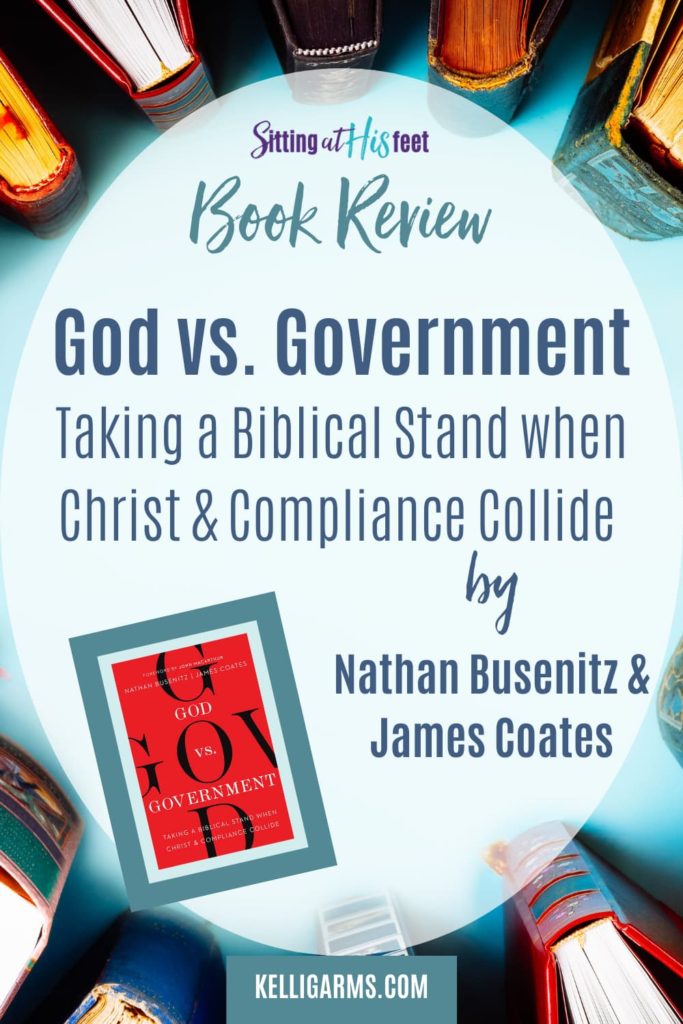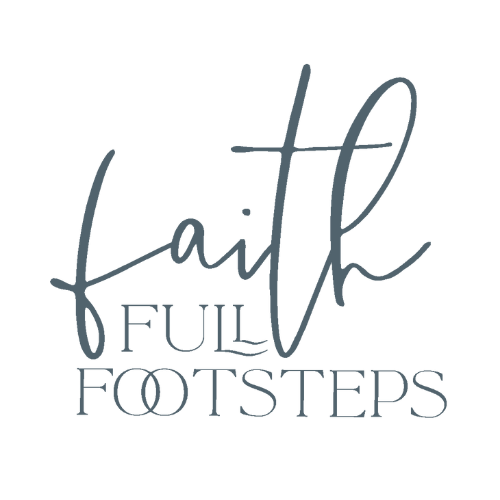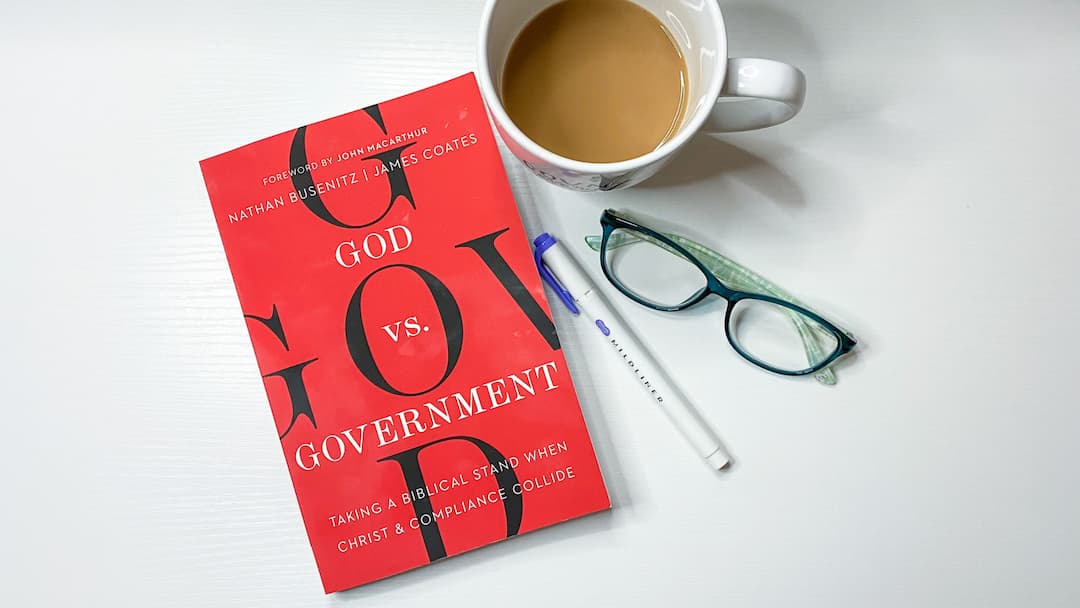In 2020, the governments of the Unites States, Canada, and around the world, took it upon themselves to somehow protect the global population from a virus by imposing lockdowns that prevented church congregations from meeting. Three things quickly became obvious: 1) The virus was not nearly as deadly as had been predicted; 2) the measures taken were more damaging than the virus itself; and 3) there was a double standard as mobs took to the streets in protest of so called police brutality, yet the church doors remained shuttered.
Many churches not only complied with the government overreach, but also criticized those pastors who did not acquiesce to the government “guidelines.” I specifically remember when two churches and their pastors made headlines as they stood in opposition to the authorities dictating their worship: Grace Community Church in Los Angeles pastored by John MacArthur and GraceLife Church in Edmonton pastored by James Coates.

In their book, God vs. Government: Taking a Biblical Stand When Christ & Compliance Collide, Nathan Busenitz and James Coates not only tell their stories, including many details that were never reported by the media, but also explain the biblical basis behind the decisions they made and how those decisions impacted their ministries. Part 1 of the book details what happened in both churches. They describe everything from the decisions made by the elders to the law enforcement presence in their services to the law suits, trials, and consequences each church faced. In Canada, these consequences included a time when the church met in secret. Part 2 of the book includes sermons preached and biblical support for the actions taken by each church. The support provided is incredibly thorough and insightful.
While I highlighted so many lines in the book, one thing that has stuck with me is Coates’s reminder that the church is a flock and the pastor is its shepherd. When this analogy plays out, it is easy to see why a church that is not congregating is not fulfilling its purpose. He asks, “How can a shepherd feed an absent flock? How can he protect them? How can he tend to their wounds?” These questions are rhetorical because it is obvious the shepherd can’t do his duty if he is not with his flock.
I was also struck by how gracious Coates was toward those families who left GraceLife Church as a result of the decision not to comply with the lockdowns. He praised those families as being “instrumental in helping [the church] refine their thinking.” He goes on to say, “They led us to make sure we could defend the biblical veracity of the stance we had taken and helped us develop the courage and conviction needed for the battle yet to come.”
This book gives great insight and guidelines for knowing when it is appropriate to comply with the government and when it is imperative to resist it. Christians need to know where they stand before the next crisis hits, and hit it will. We can’t wait until we are in the thick of it again to figure out what we believe. Busenitz and Coates walk through Scripture and carefully lay out interpretations, boundaries, and guidance for the role of the government, the role of the family, and the role of the church.
** This book would be a great addition to a worldview curriculum and/or a government curriculum.






0 Comments